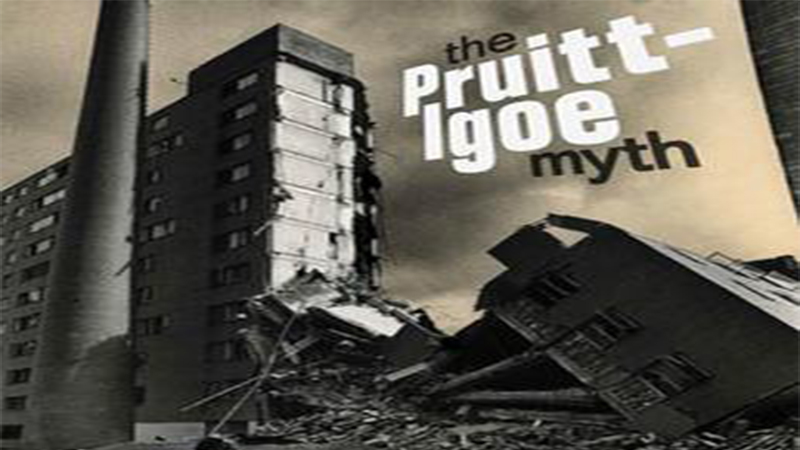By Jordan Jones
“You go to a movie to see some type of story… movies make us feel,” Chad Freidrichs, director of the documentary “The Pruitt-Igoe Myth” said Thursday night after a full screening of his film. “I think the real advantage and power with media like documentaries is that it allows you to emotionally live that experience by proxy.”
The Pruitt-Igoe housing project is a historic public housing complex in St Louis, 1956. Today it serves as a reminder for the racial, social and architectural failures of the mid-20th century.
Honors College and Diversity Council screened the film both virtually and in-person on Thursday, Oct. 28 between 5-7 p.m. Director Freidrichs then joined for a discussion about the impact of the project in St. Louis.
“We’re not thinking about the problems systematically,” Chad said. “Even after reversing laws and policies prohibiting [African Americans] success, oppression still continues today.”
The years succeeding the Great Depression were a slow, painful crawl for cities like St. Louis. Public housing projects were initially supposed to preserve communities and govern thousands of people, but it soon became infamous for its racial segregation, crime and poverty.
Pruitt-Igoe collapsed only decades after its completion for this reason.
Developing the documentary took years of dedication, research and passion. “The Pruitt-Igoe Myth” strives to relive those struggles and stories from the perspective of the people who experienced it.
“What I try to do whenever I’m interviewing people is to get into their headspace; to help them relive those experiences,” Chad said Thursday night. “The more we could pull out those kinds of stories, we could activate that experience in the viewers as well. There is a downside to stories as well, in the sense that they are simplifications.”
Discussions around the broader racial tension in today’s world are never-ending. Pruitt-Igoe is one of many systemic projects across the 20th century, and documentaries such as these help preserve the impact of our changing social world.




